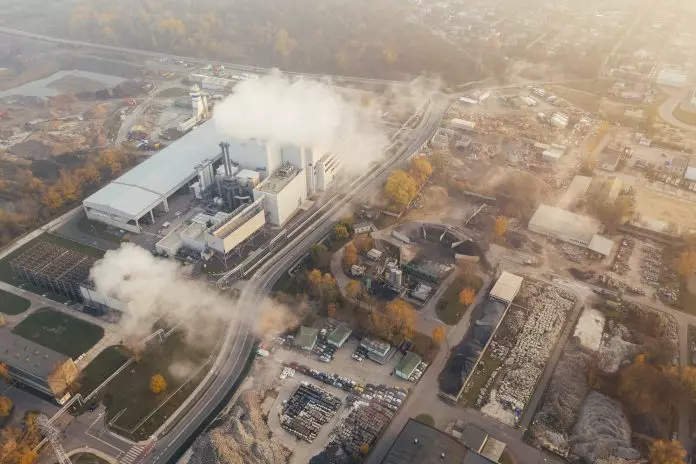The urgent need for sustainability is evident, with a staggering 69% of global consumers opting for eco-friendly products and services, as per IPSOS. Amidst this environmental awakening, the FinTech sector, while championing sustainable innovations, must also introspect and mitigate its own carbon emissions.
FinTech firms are at the forefront of driving net-zero goals, but this leadership role demands a dual focus: pioneering industry-wide green solutions and critically examining their internal environmental impact.
Jeremy Baber, CEO of Lanistar, underscores this responsibility: “FinTechs have an ongoing responsibility to forward sustainable initiatives in the reduction of greenhouse gas (GHG) emissions across industry verticals spanning the globe. We are seeing an uptick in customers who buy into social responsibility standards and reject offerings which are deemed unsustainable.
“FinTech offerings have moved with this trend, and we are now seeing more ESG-leaning initiatives being rolled out. Successful initiatives include integrating renewables into power grids, providing consumers with carbon footprint analysis from their bank statements and harnessing AI to regulate greenwashing.”
Despite FinTechs’ contributions to a net-zero economy, their own carbon footprints cannot be overlooked. Historically seen as low emitters due to minimal physical infrastructure, recent scrutiny, particularly around practices like cryptocurrency mining, reveals a need for greater self-accountability in the sector.
Baber emphasizes the evolving consumer awareness towards sustainability, urging FinTechs to align with this shift. “As consumer attention and knowledge are being increasingly drawn to a more resilient sustainable future, it is essential that fintech’s can meet the rising demand for regulation disclosure, alternative sustainable practices, and data transparency.
“In an attempt to meet this demand, carbon offsetting programmes such as carbon trading have become a popular practice within fintech, involving the purchase of credits, used to fund global sustainability initiatives such as forestry schemes, in return for a carbon-neutral title.”
He stated that carbon offsetting programmes are critical when partnered with alternative strategies reducing emissions at the source. Unfortunately, he claims the sole use of these programmes have been constructed as greenwashing. “This practice has been widely criticised as sidestepping the real issues of climate change and a way for fintech’s to avoid taking responsibility for their own footprint issues. Exposure to these accusations poses a potentially detrimental fallout, especially as consumer power remains a leading incentive for businesses, their approval and recognition deemed crucial.”
To move forward, Baber believes reporting of environmental metrics is the best starting point to identify the areas where emissions can be reduced.
Keep up with all the latest FinTech news here.
Copyright © 2023 FinTech Global


